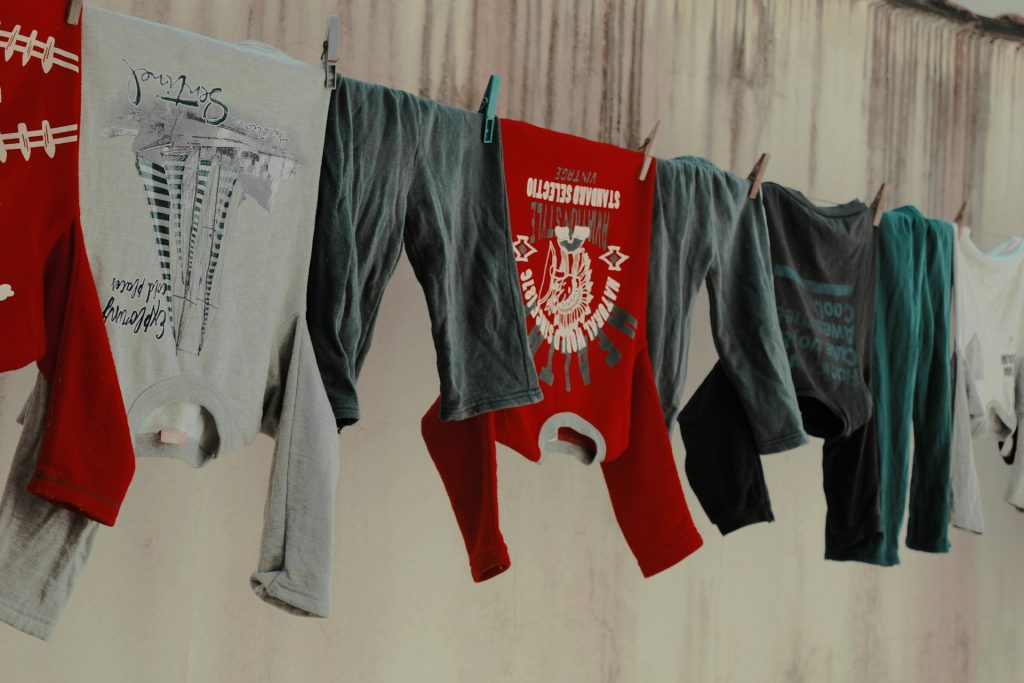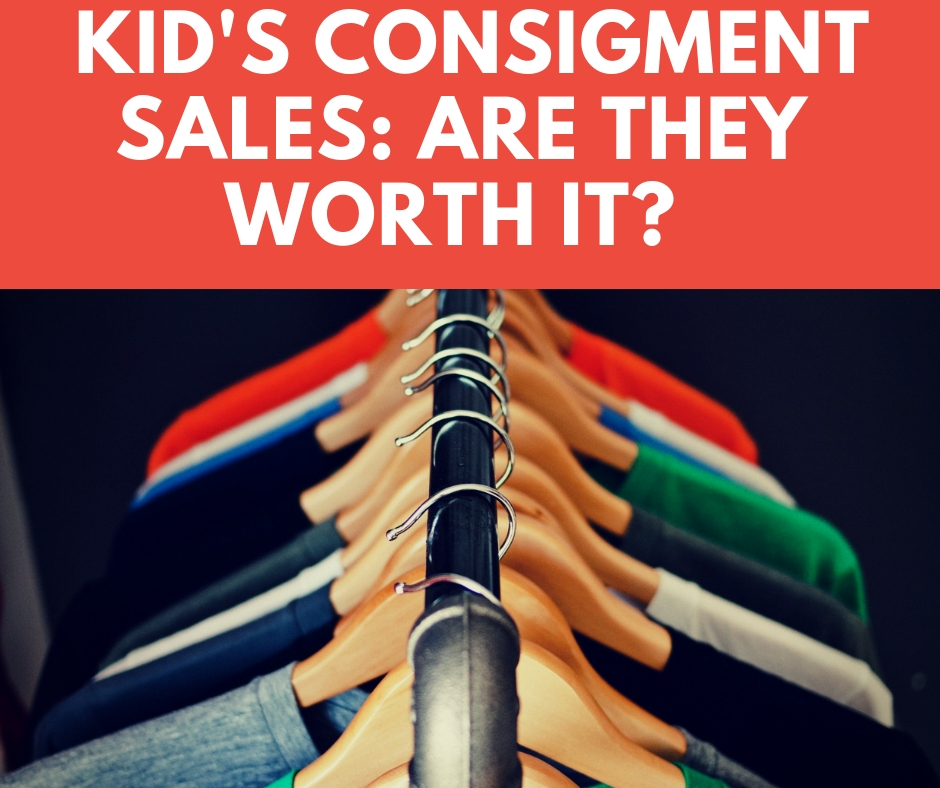
Most of us love a budget-friendly fashion fix—especially when children outgrow their outfits seemingly overnight. But when that five-dollar jacket risks your child’s health, the real cost becomes immeasurable.
Alarming new research indicates that major fast-fashion retailers Shein and Temu may be selling children’s clothing containing toxic substances. These aren’t minor slip-ups in manufacturing; they involve potentially harmful levels of chemicals linked to cancer, reproductive issues, and developmental concerns.
Let’s break down what could be lurking in these low-cost garments—and what steps you can take to protect your kids.
Excessive Toxins Found in Popular Fast-Fashion Children’s Clothes
Recent investigations have uncovered troubling amounts of hazardous chemicals in Shein and Temu kid’s wear. For instance, a jacket from Temu surpassed legal limits for phthalates by more than six hundred times. These plasticizers disrupt hormones, often leading to long-term health complications. South Korean officials tested children’s winter items and found toxins such as lead and cadmium in pieces from both Shein and Temu. These are serious safety infractions, especially given kids’ heightened vulnerability. Exposure—by ingestion or prolonged skin contact—can pose a real danger over time.
The Hidden Health Hazards Lurking in Your Child’s Wardrobe
It’s easy to focus on warmth or style when choosing clothes—but what about the materials themselves? Certain chemicals in cheap apparel can lead to reproductive harm or even cancer. Phthalates, for instance, interfere with hormones like estrogen and testosterone. In kids, this interference may disrupt developmental milestones, cause behavioral shifts, and risk fertility issues later.
Formaldehyde is another concern, known to irritate skin and eyes, and considered a probable carcinogen at higher exposures. These risks underscore the importance of verifying garment safety before letting children wear them.
Worldwide Scrutiny Brings Fast-Fashion Dangers Into Focus
Thankfully, concerns over Shein and Temu’s safety haven’t slipped by unnoticed. South Korea has stepped up inspections, discovering lead levels in certain clothing that exceed legal thresholds more than tenfold. Regulatory bodies in other countries are now paying attention, revealing how underregulated the ultra-fast fashion market truly is.
Many items are manufactured rapidly, priced cheaply, and imported with minimal checks for chemical content. As more regions demand accountability, the industry’s lack of transparency and oversight regarding children’s products is under scrutiny.

U.S. Investigations Are Already Underway for Child Product Safety
This issue has landed on American soil too. The U.S. Consumer Product Safety Commission has started investigating Shein and Temu amid worries about baby and toddler items potentially failing safety requirements. Some goods sold in the U.S. reportedly have alarmingly high levels of lead and phthalates—chemicals to which children are particularly vulnerable. Babies and toddlers frequently mouth their surroundings, escalating the threat of ingesting toxins. And because younger bodies are more sensitive, even smaller amounts over time could prove harmful.
Proposition 65 Violations Offer a Wake-Up Call for Parents
In California, consumer protection legislation is grappling with this fast-fashion problem. Under Proposition 65, businesses must warn buyers if their products have chemicals recognized as cancer-causing or harmful to reproduction. Shein has come under fire for possible violations of these standards. That these clothes still find their way into households spotlights two issues: some items bypass regulatory screenings, and parents often aren’t aware of the risks. It becomes a reminder that parents play a key role in staying informed and making safer shopping decisions.
How You Can Protect Your Child Today
While you can’t control every decision by clothing makers, you can lessen your family’s exposure to dangerous chemicals through several steps.
First, wash new garments—especially those emitting strong plastic or chemical odors—before children wear them. When possible, choose reputable brands that carry out testing or follow certifications like OEKO-TEX. Opt for natural fabrics like organic cotton or bamboo that undergo fewer chemical treatments. And if a deal looks too good to be true, remember that hidden costs can surface in the form of health risks.
A Call for Smarter Choices, Not Shame
Parenting already involves so many choices, including discipline styles and shopping decisions. If you’ve purchased from Shein or Temu previously, this information isn’t about guilt—it’s about awareness. We’re all making the best decisions we can with limited time and budgets.
The key is staying informed, asking questions, and when practical, choosing safer alternatives. Because regarding your children’s well-being, knowledge is one of the best tools you have.
Do you have worries about the safety of your kids’ clothing, or have you found brands you trust? Feel free to share your experiences in the comments. There’s power in collective knowledge, and your insights might help another parent keep their little ones safer.
Read More
- How To Get Free Clothes For Your Child When Money Is Tight
- 5 Negative Techniques That Deter Communication with Your Teenager

Samantha Warren is a holistic marketing strategist with 8+ years of experience partnering with startups, Fortune 500 companies, and everything in between. With an entrepreneurial mindset, she excels at shaping brand narratives through data-driven, creative content. When she’s not working, Samantha loves to travel and draws inspiration from her trips to Thailand, Spain, Costa Rica, and beyond.

